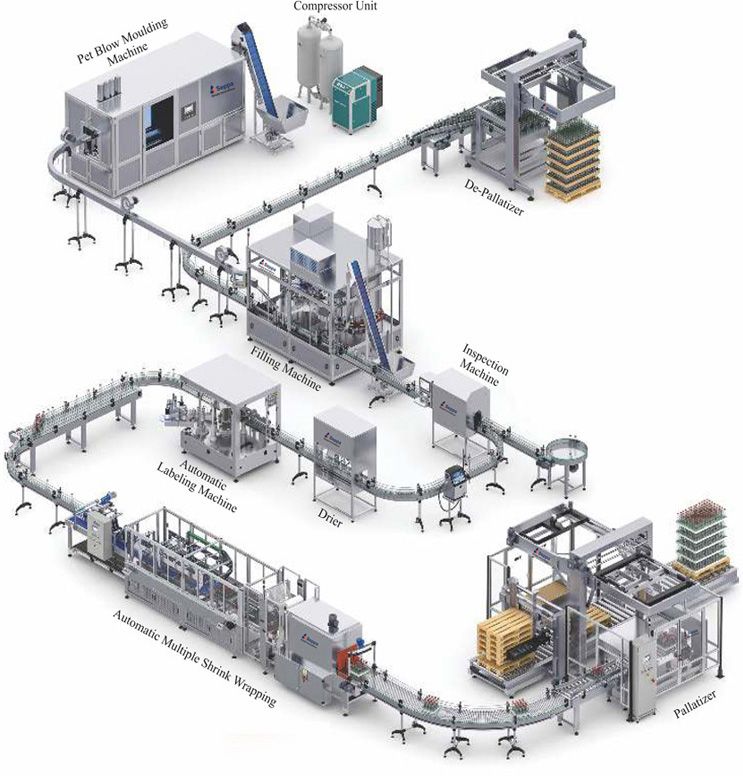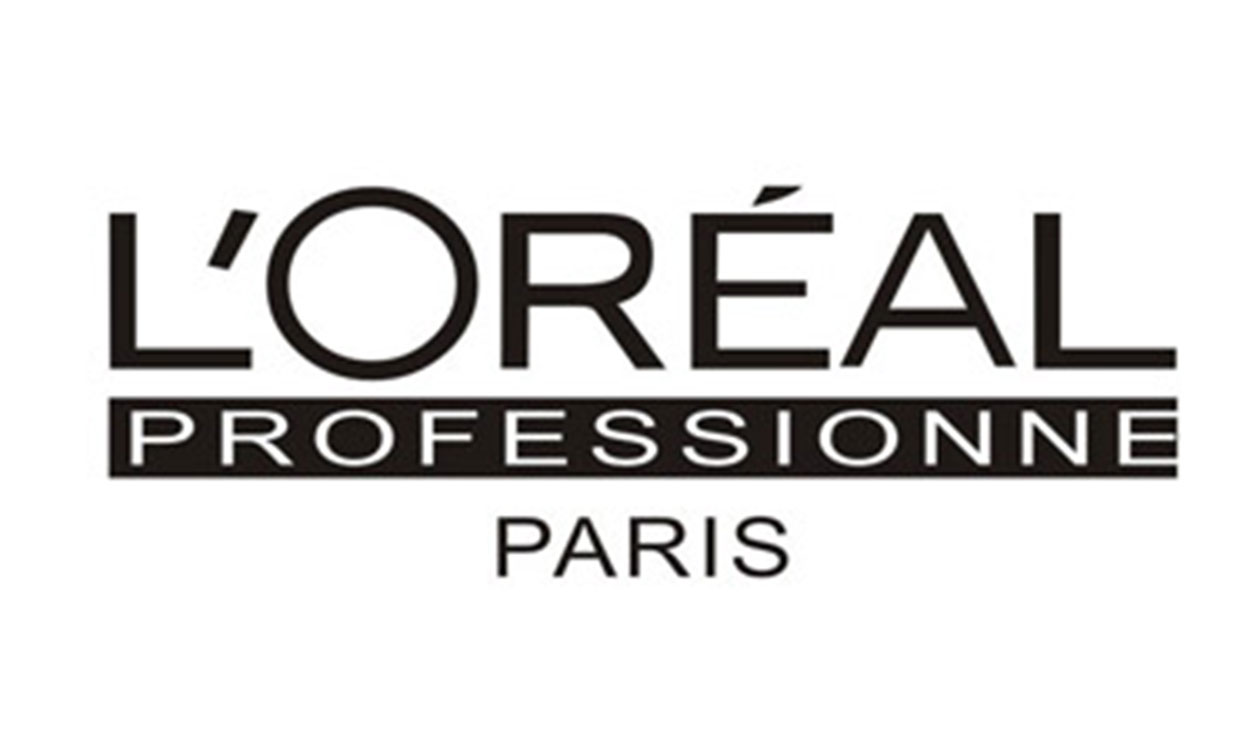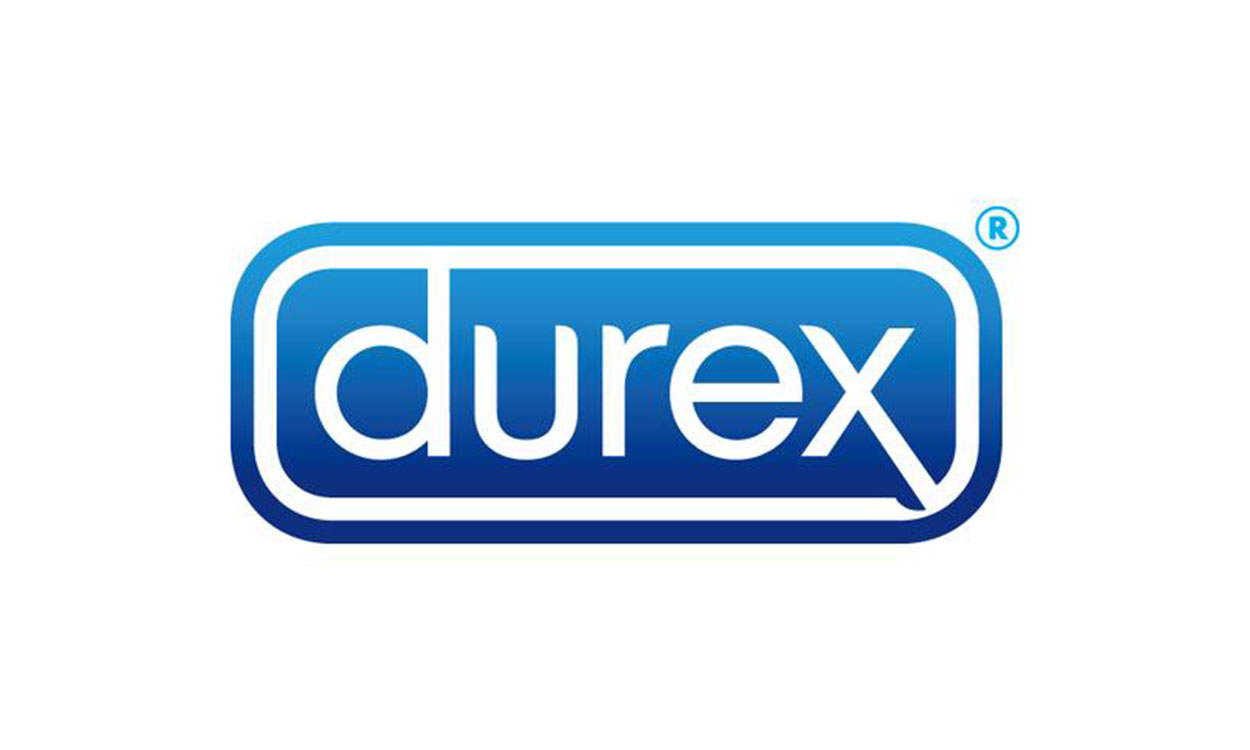
- Home
- About Us
- Workflow
- Projects
- Customer Feedback
- Private Policy

- Products
- Overwrapping Machine
- Cartoning Machine
- Case Packer
- Labeling Machine
- Shrink Wrapping Machine
- Case Erector
- Case Sealer
- Check Weigher
- Strapping Machine
- All-side Ironing Machine
- Tea Bag Packing Machine
- Packaging Materials
- Pillow Type Packing Machine
- Filling And Capping Machine
- Tube Sealing Machine

- Solutions
The Checkweigher Buying Guide: Making Informed Decisions for Your Business2023-07-29
In the fast-paced world of manufacturing and packaging, accuracy and efficiency are key. When it comes to ensuring product quality and compliance with industry standards, checkweighers play a vital role. These sophisticated weighing machines have become an essential component in various industries, including food and beverage, pharmaceuticals, and logistics. If you're considering investing in a checkweigher for your business, this buying guide will provide you with valuable insights to make an informed decision.
1. Understand Your Needs: Before diving into the market, take a moment to evaluate your requirements. Consider the average weight range of your products, the production speed, the desired accuracy level, and the environmental conditions where the checkweigher will be operating. By having a clear understanding of your specific needs, you can narrow down your options and focus on finding a checkweigher that meets your requirements.
2. Accuracy and Speed: One of the primary functions of a checkweigher is to accurately measure the weight of products within a certain tolerance range. Different models offer varying levels of accuracy, typically measured in grams or ounces. Additionally, checkweighers come with different throughput capacities, which determine the number of products that can be weighed per minute. Balancing accuracy and speed is crucial, as higher accuracy often means a slightly slower throughput. Determine the right balance based on your production volume and quality standards.
3. Integration and Compatibility: Checkweighers are often part of a larger production line, so it's essential to consider their integration capabilities. Look for a checkweigher that can easily connect with other machines, such as filling equipment, metal detectors, or labeling systems. Compatibility with existing systems can save time and money during installation and streamline your overall production process.
4. Checkweigher Types: There are different types of checkweighers available, each designed to suit specific applications. The three main types are in-line checkweighers, combination systems, and standalone checkweighers. In-line checkweighers are integrated into production lines and provide real-time weight data. Combination systems combine checkweighing with other functions like metal detection or X-ray inspection. Standalone checkweighers are portable units used for sampling or small-scale operations. Choose the type that aligns with your production requirements and space availability.
5. User-Friendly Interface and Data Management: Checkweighers should be user-friendly, allowing operators to set up and adjust parameters easily. Look for models with intuitive interfaces, touchscreen controls, and clear displays. The checkweigher should also have the capability to store and export data, including weight measurements and statistics. This feature is valuable for quality control purposes, traceability, and compliance with regulatory standards.
6. Maintenance and Support: Consider the maintenance requirements and support provided by the checkweigher manufacturer. Look for a reliable supplier who offers prompt technical assistance, preventive maintenance services, and readily available spare parts. Regular calibration and servicing are necessary to ensure the accuracy and longevity of your checkweigher.
7. Budget and Return on Investment: While price is a significant consideration, it should not be the sole determining factor. Look beyond the initial investment and consider the long-term benefits. A high-quality checkweigher with superior accuracy and reliability may cost more upfront but can save you money in the long run by reducing product giveaway, minimizing product recalls, and increasing overall efficiency.
8. Research and Compare: Do thorough research and compare different brands and models before making a final decision. Read customer reviews, consult industry experts, and visit trade shows or exhibitions to see the checkweighers in action. By gathering information from multiple sources, you can make an educated choice and select the most suitable checkweigher for your business.
Investing in a checkweigher is a significant decision that can greatly impact your production process and product quality. By considering the factors mentioned in this buying guide, you'll be well-equipped to select a checkweigher that aligns with your business goals, ensuring accurate weighing, regulatory compliance, and improved efficiency in your operations.
About us- Tel: +86-510- 85868879
- E-mail: sales@siciauto.com
- Address: No.132-4, Rongyu Road, Xishan Economic Development Zone, Wuxi City, Jiangsu Province, China.
- SUPPLIER







- PROJECTS







Wuxi Sici Auto Co., Ltd. Boxmedia







